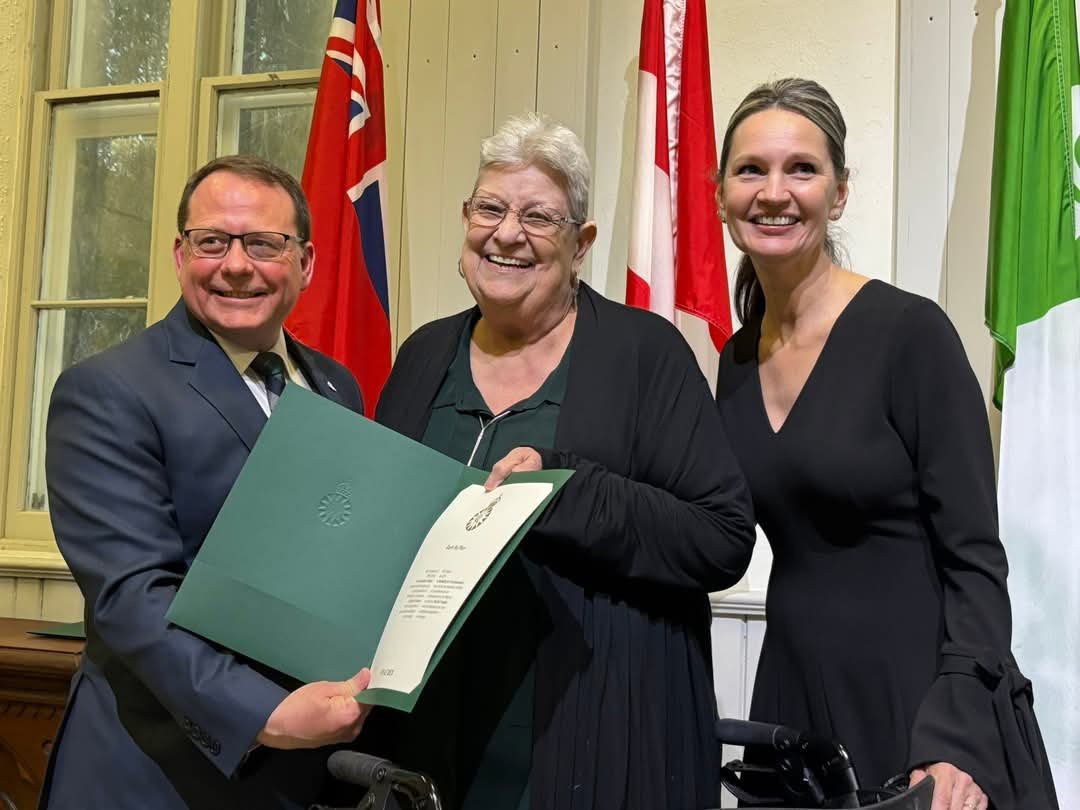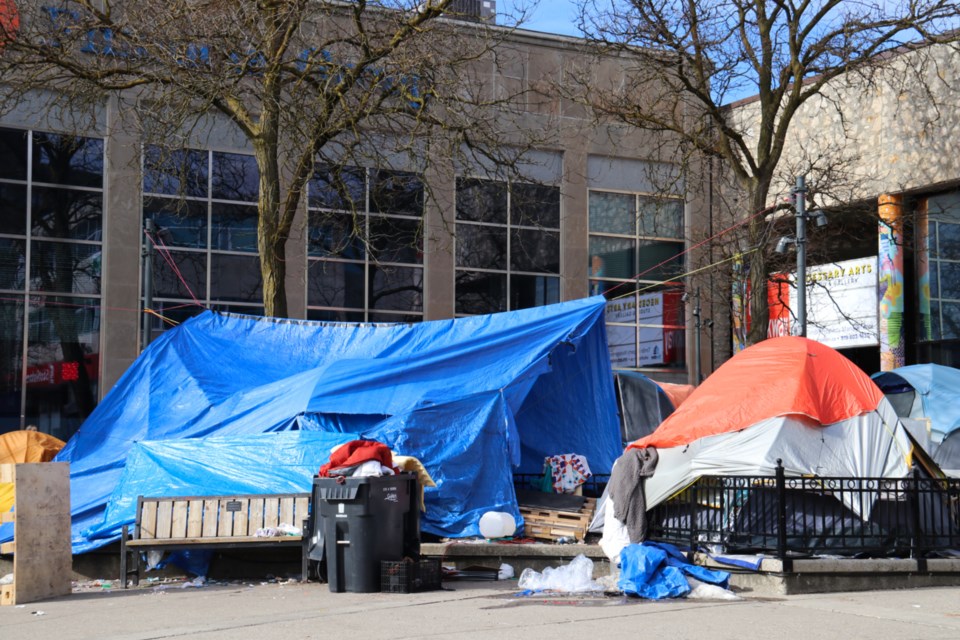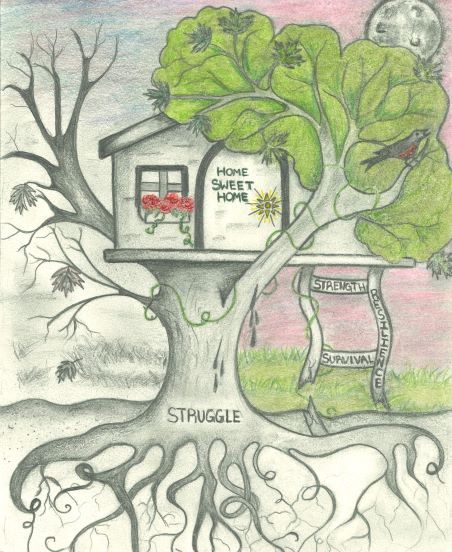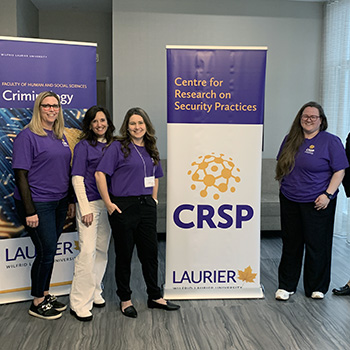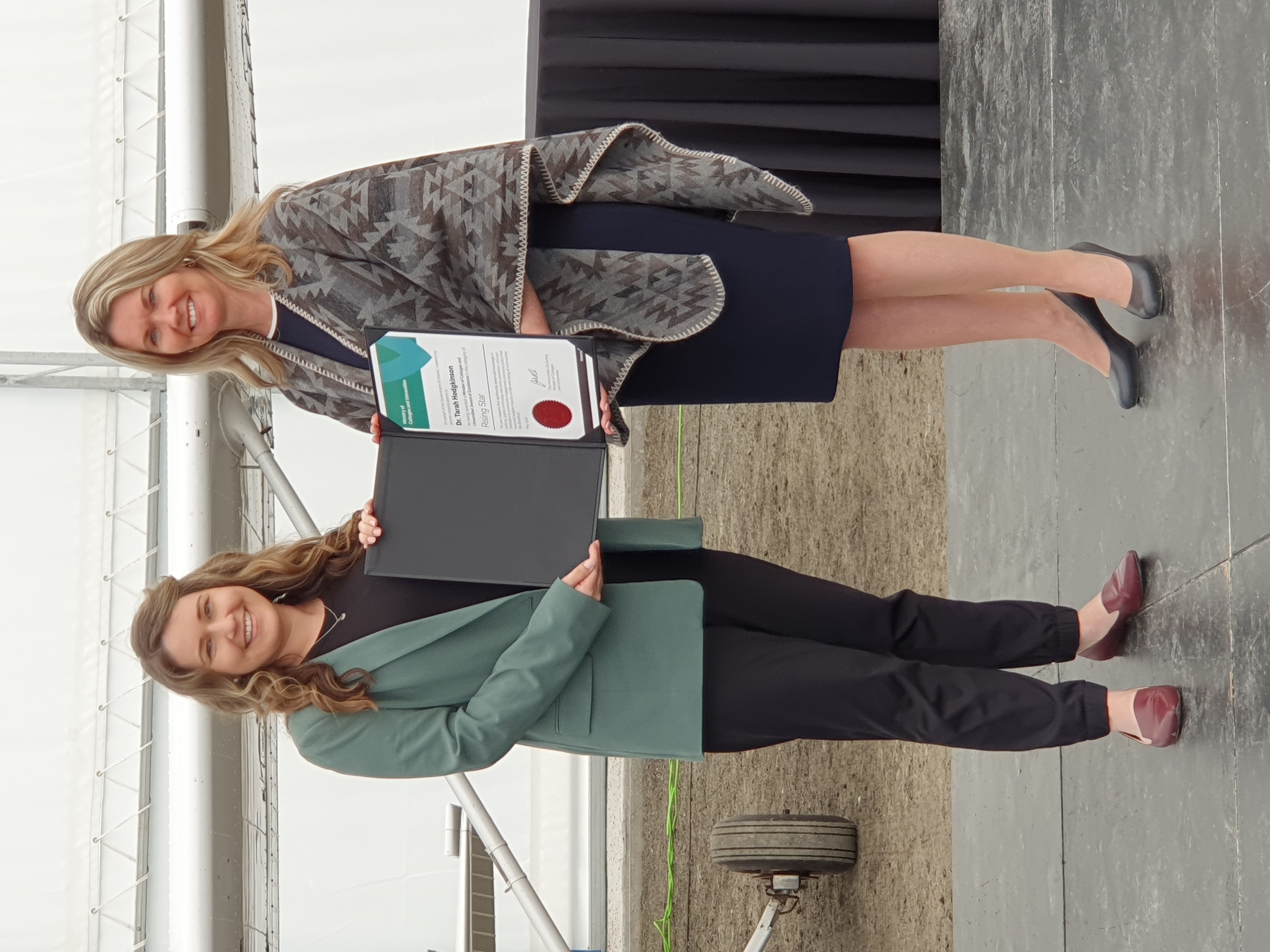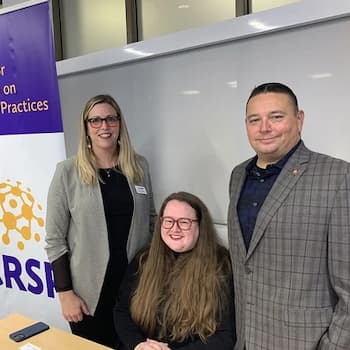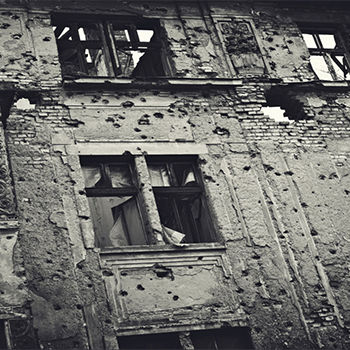Brokers
Brokers are people who possess power (whether it is organizational, social, political, legal, or state) to erect and maintain systems of security. Therefore, the brokers theme explores how these brokers (including humanitarian workers, social service providers, social workers, customs and border services, police, correctional services, etc.) engage in and make sense of their practices, as well as how they are trained and governed. Research within this theme focuses on the way systems of security are practiced, perceived, and rationalized by such brokers.
Completed Research Projects
During the COVID-19 pandemic, police officers are facing many of the same dangers and following many of the same practices as frontline healthcare workers in order to protect themselves and their families. For women police, the impacts of COVID-19 are particularly concerning. Not only do women in policing generally experience higher levels of stress than their male colleagues and are more likely to provide frontline care to vulnerable populations than men, but they also perform the bulk of domestic labour and child care at home. COVID-19 threatens to intensify these inequalities as the crisis makes it impossible to divide work and home spaces. A gendered analysis of the impacts of COVID-19 is critical to recognize these stresses and to avoid perpetuating pre-existing inequalities in policing that have traditionally excluded women from high-ranking, leadership positions where policies and decisions are made, including pandemic planning.
Supported by a SSHRC Partnership Engage Grant ($24,879), Drs. Debra Langan and Carrie Sanders are collaborating with Ontario Women in Law Enforcement (OWLE), a networking and professional development organization, to examine whether, how, and to what extent COVID-19 has exacerbated the challenges and inequalities experienced by women in law enforcement, at work and home. This SSHRC-funded project’s objectives are to: (1) understand how COVID-19 is impacting the experiences of women in law enforcement, at work and at home; (2) assess how law enforcement agencies have responded to COVID-19, and the impact of these responses on the experiences of women in law enforcement, as well as their retention and promotion; and, (3) provide a report (co-written by OWLE and the research team), that contains concrete recommendations for how organizations can safeguard the professional and personal well-being of women in law enforcement.
OWLE recognizes that the pandemic disproportionately jeopardizes women's well-being, and risks reversing the important gains that have been made in the recruitment, retention, and promotion of women in law enforcement. The partnership between OWLE and Drs. Langan and Sanders’ research team will result in actionable recommendations based on the identification of existing practices, the limitations, strengths, and resource demands of those practices, and innovative strategies to address limitations and resource demands. This project uses a gendered analysis of the impacts of COVID-19 by examining whether, how, and to what extent the pandemic has exacerbated the challenges, complexities, and inequalities -- both at work and at home -- experienced by women in law enforcement.
Methodologically, the project employs a multi-mode approach. Drs. Langan and Sanders have collected responses from 115 participants via an online survey of women in law enforcement - those on the front lines, in supervisory/management positions, and civilians - from across Canada. The insights gained from the survey results have been used to inform the development of a set of questions that is being used to gather qualitative interview data from 25 officers who wish to elaborate on their survey responses.
The research findings will be shared with OWLE members through a written report, an infographic, and a podcast, to enhance solidarity among women and support their coping strategies. Drs. Langan and Sanders will also work with OWLE to translate findings into action-oriented policy recommendations that will be shared broadly with law enforcement practitioners (e.g., police services in Canada, the International Association of Women Police, the Ontario Association of Chiefs of Police, and the Canadian Association of Chiefs of Police).

